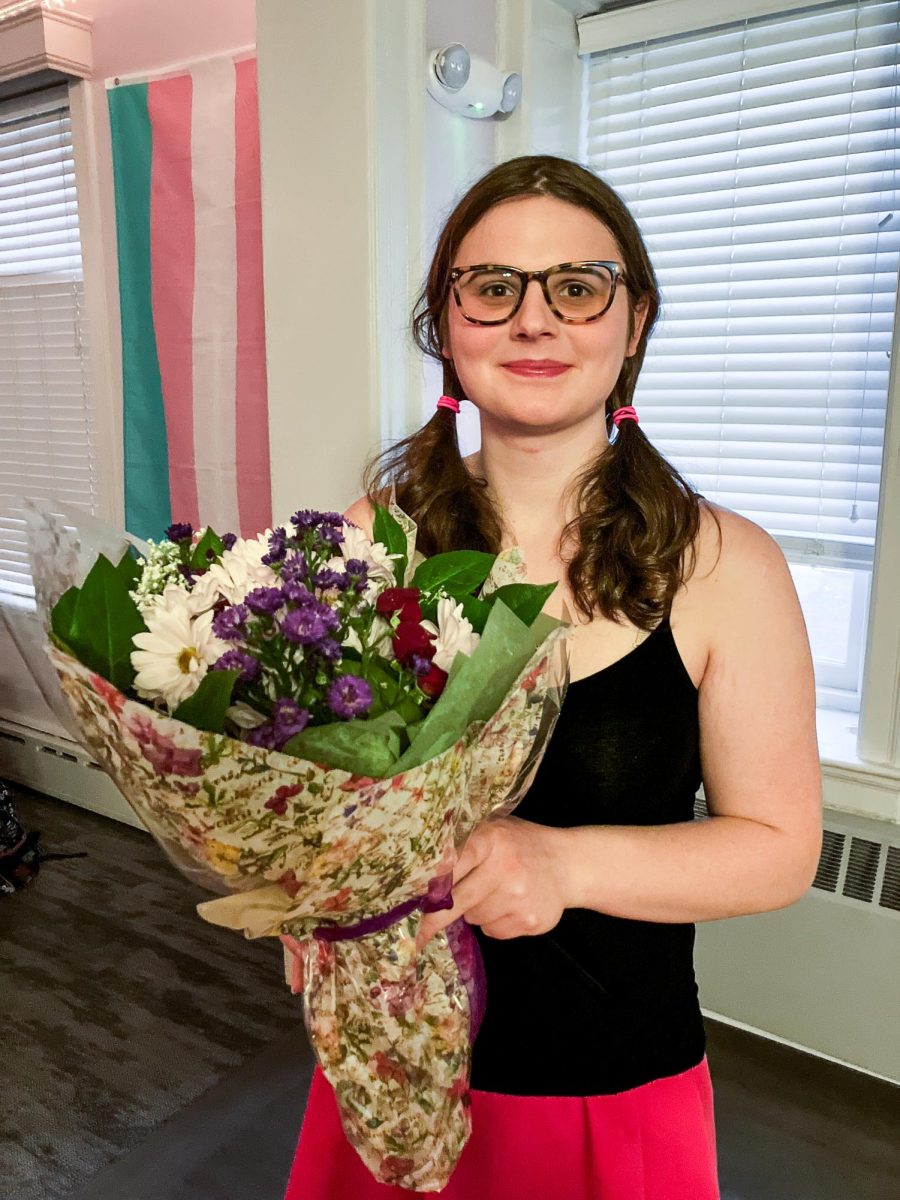To celebrate the 100th anniversary of the 19th Amendment, the talk, “Voting Rights, Race and COVID: A View from the Front Lines” sought to shed light on the shortcomings of American democracy.
Sponsored by Women’s, Gender, and Sexuality Studies, attorneys Sonia Gill and Bobby Hoffman of the American Civil Liberties Union (ACLU) discussed voting and the upcoming election this past Wednesday.
“Access to the vote remains a deeply fraught and very problematic issue in our democracy, particularly for people of color and indigenous communities,” said Mary Armstrong, Charles A. Dana Professor of Women’s, Gender & Sexuality Studies and English. “We wanted to sponsor [an event] that would illuminate an ongoing crisis while speaking to the WGS program’s long-standing commitment to delving into intersectional issues of race and gender.”
Gill, who serves as a senior legislative counsel in the National Policy Advocacy Department of the ACLU, began the presentation with a historical overview of voting rights in America.
“For our purposes, this history is a stark lesson about how existing power structures in this country have responded to the growth of political power of racial minorities in this country,” she said.
Gill discussed the 1965 Voting Rights Act and the implications of the Shelby County v. Holder Supreme Court decision, which was a ruling that struck down section five of the Voting Rights Act as unconstitutional. According to Gill, this led to “a wave of voting restrictions…on a national scale.” This case has become a point of contention in the ongoing confirmation hearings for Amy Coney Barret to the United States Supreme Court, according to CNN.
Hoffman then discussed the impacts of COVID-19 on voting. He explained that problems like lack of poll workers and long lines will likely characterize the election this fall, he also noted the wide number of ballots cast thus far.
Whereas in 2016 only 344,000 Pennsylvania voters cast a ballot by mail, this year “2,630,000 individuals have already requested a ballot and about 437,000 folks in Pennsylvania have already returned those ballots,” said the Deputy Director of the ACLU’s Democracy Division.
The increased number of people planning to vote early or by mail this election, which Hoffman noted is roughly 60 percent of the electorate, has not been without controversy. President Trump has partially encouraged voting by mail but has largely opposed given fears over fraud, according to Politico.
“We’re here to tell you that that is bunk,” Gill said. “There are several states, Washington, Oregon, Colorado, and recently Hawaii, that conduct elections entirely by mail. In fact,” she noted, “the President has mandated an entire presidential commission in 2017 to study the issue and identify cases of voter fraud during the 2016 election. And despite having the backing of the federal government, this mission was unable to encounter a single case of voter fraud.”
The attorneys concluded their talk to hundreds of members of the Lafayette Community by discussing the 2020 Census, voter intimidation, as well as answering questions about the voting process this November.
“My main takeaway? We must be active protectors of democracy: citizens need to educate each other about how to vote, and we need to hold our elected officials accountable – it is their duty to make voting easy and accessible, not to spread misinformation or create barriers,” wrote Armstrong in an email to The Lafayette. “And also: VOTE!!!”


























































































































